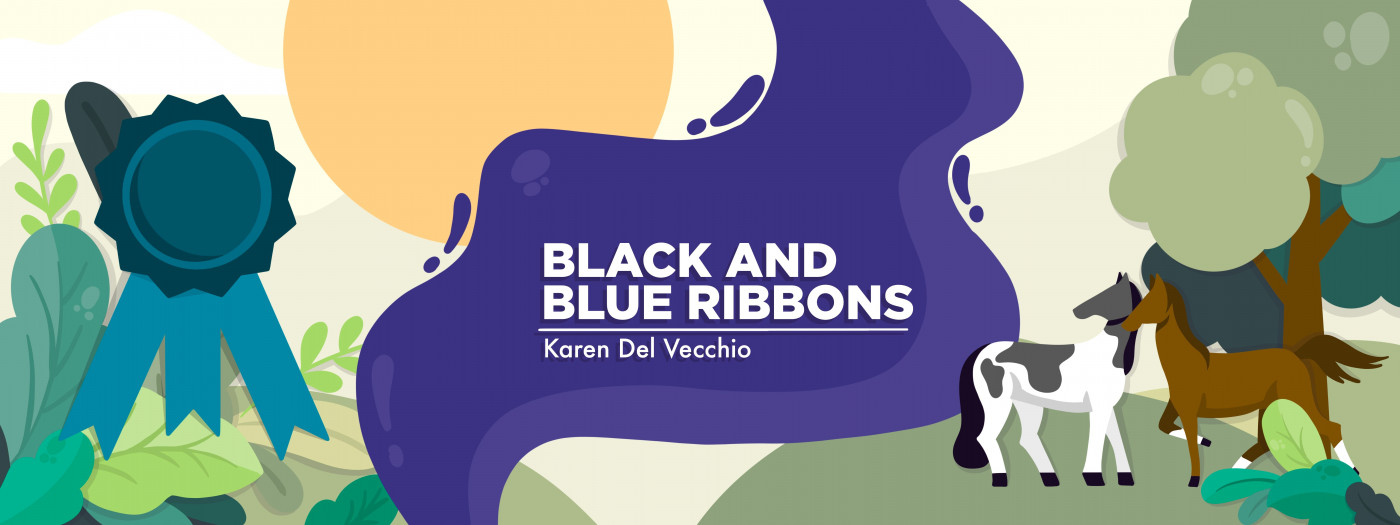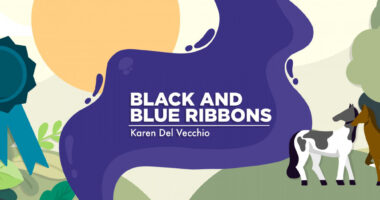Why Acceptance Matters When Living With a Health Condition

I recently was able to escape the Southern heat for a few days and visit my grandparents and extended family up in New England. My dad has six siblings, and each summer and Christmas, everyone does their best to gather from all over the world to spend time together. This year was particularly special, as we were celebrating my grandparents’ 65th wedding anniversary.
One thing I love about our family get-togethers is that everyone knows one another’s limitations, accepts them, and works with them. We work hard to make sure that no one ever feels left out, burdened, or awkward. You’re accepted for who you are, period.
When it comes to planning meals for upward of 30 people — and that’s just immediate family! — we always make sure everyone has options so they can join in the celebration.
For example, I have issues with dairy, beef, and pork; my aunt can’t eat wheat, gluten, soy, or much processed sugar; several cousins have stone fruit allergies; and another family member has been having anaphylactic reactions that doctors are struggling to pinpoint, leaving her with a very limited diet.
While most of the food for the party was ordered in from a fabulous local restaurant, we also cooked dishes for those who needed something unique, myself included. Not only did it allow everyone to eat and participate, but it was also a lot of fun learning some new recipes while cooking with my family.
And it’s not just food allergies we manage. I have bruising due to Ehlers-Danlos syndrome (EDS), but no one asks me about it there. One of my cousins has apraxia of speech, but everyone is patient if she struggles to find a word or phrases something differently. Another cousin, a former refugee taken in as one of the family, has sickle cell disease with multiple complications resulting from it being untreated for most of his life until he came to the U.S.
But when we get together, we’re just family, and we all get a chance to be as “normal” as possible.
I recognize these gatherings are very special, as not all families are so accepting and welcoming. I think it’s important that we all have days when our health conditions aren’t at the forefront — when we can, to whatever extent possible, forget about it for a while and simply be ourselves, without that label.
I’m grateful to have time each year with wonderful people who remind me of that.
Note: Ehlers-Danlos News is strictly a news and information website about the disease. It does not provide medical advice, diagnosis, or treatment. This content is not intended to be a substitute for professional medical advice, diagnosis, or treatment. Always seek the advice of your physician or other qualified health provider with any questions you may have regarding a medical condition. Never disregard professional medical advice or delay in seeking it because of something you have read on this website. The opinions expressed in this column are not those of Ehlers-Danlos News or its parent company, Bionews, and are intended to spark discussion about issues pertaining to Ehlers-Danlos.








Leave a comment
Fill in the required fields to post. Your email address will not be published.